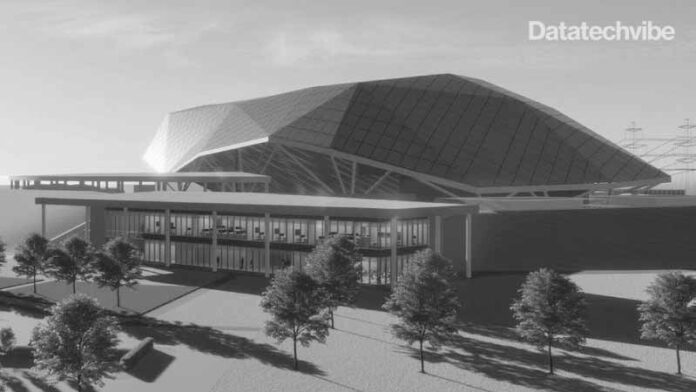Rolls-Royce, which is backed by a consortium of private investors and the UK government to develop small nuclear reactors (SMRs) to generate cleaner energy, brought its technology to the World Future Energy Summit – the global conference showcasing green energy technology in Abu Dhabi.
SMRs are nuclear fission reactors but are smaller than conventional ones.
The British company hopes to start talks with government representatives and industrial companies to explore the potential of deals in the region.
The creation of the Rolls-Royce Small Modular Reactor (SMR) business was announced following a $256 million cash injection from private firms and a $286 million grant from the UK government.
One of its power stations would occupy about one tenth of the size of a conventional nuclear plant — the equivalent footprint of two football pitches – and power approximately one million homes.
The first SMR units are expected to be built by early 2030, as the company goes through the regulatory processes in the UK, builds factories and moves on to the production process.
Also Read: This Is How AI Will Accelerate The Energy Transition
SMRs can be produced in factories, with modules small enough to be transported and produced in a cost-effective manner and can be built quickly. Globally, industries face mounting pressure to reduce their carbon footprint, and SMRs could solve their clean energy challenges. SMRs could completely revolutionise how nuclear power can be delivered through a factory-built solution.
The UAE recently completed the construction of Unit 3 at Barakah Nuclear Energy Plant. Unit 1 is already fully operational and Unit 2 was recently connected to the main grid and continues to undergo testing.
Organised in partnership with the Abu Dhabi Department of Energy and NEOM Electricity & Water, the World Future Energy Summit 2022 featured case studies and presentations by leading regional government entities including Abu Dhabi Department of Energy, NEOM, TAQA, Tadweer, ENEC and EWEC.
Future energy and sustainability leaders presenting new technologies and participating in panel discussions included Total, BP, NEXTracker, Sungrow, GHD, Ecoppia and Rolls Royce.









